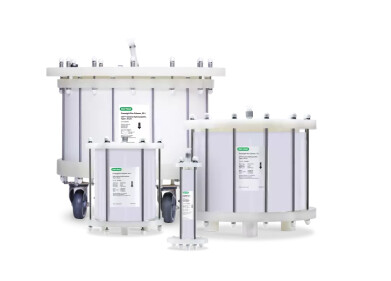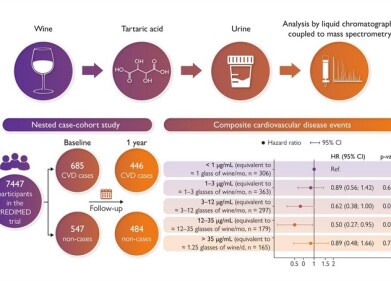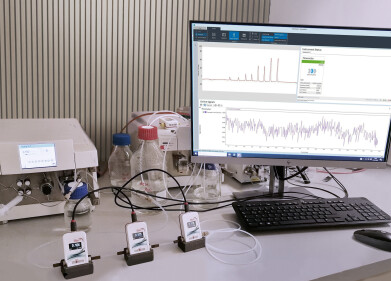Chromatography
Professional Ion Chromatography Used to Assay the Anion Profile of Cement
Jun 10 2008
The characteristic of cement is that after it has been mixed with water it will set hard as rock and will bind any rock or mineral fragments mixed with it. Mortar is made from a mixture of sand and cement, and bonds together bricks in a wall. Most cement is mixed with both sand and aggregate to make concrete.
The quality of the finished product cement is determined by the raw materials that are used to make cement’s chemistry, and the process by which the chemistry is created in the kiln. Fluoride negatively impacts on cement quality; it affects the cement’s strength and also the rate at which it sets, both of which are crucial factors.
Chlorine and sulfate are minor oxides in cement, coming from the raw
materials used to make cement (limestone and shale) and the fuels that are used to power the kiln (e.g. car tyres or coal).
These compounds negatively affect operation of the kiln and must therefore be tightly controlled. Chloride and sulfate are volatilised in the high temperatures of the kiln, and then blown by hot gases to the entrance of the kiln, where it is cooler, before they condense back into their original material.
The process occurs in cycles and leads to an accumulation of chlorine and sulfate that can cause great problems with kiln stability.
Phosphate is a minor oxide that occurs in the raw materials used in the cement manufacturing process. Phosphate has a negative effect on cement resistance if it represents greater than 0.5% total of the cement.
Digital Edition
Lab Asia 31.6 Dec 2024
December 2024
Chromatography Articles - Sustainable chromatography: Embracing software for greener methods Mass Spectrometry & Spectroscopy Articles - Solving industry challenges for phosphorus containi...
View all digital editions
Events
Jan 22 2025 Tokyo, Japan
Jan 22 2025 Birmingham, UK
Jan 25 2025 San Diego, CA, USA
Jan 27 2025 Dubai, UAE
Jan 29 2025 Tokyo, Japan



















